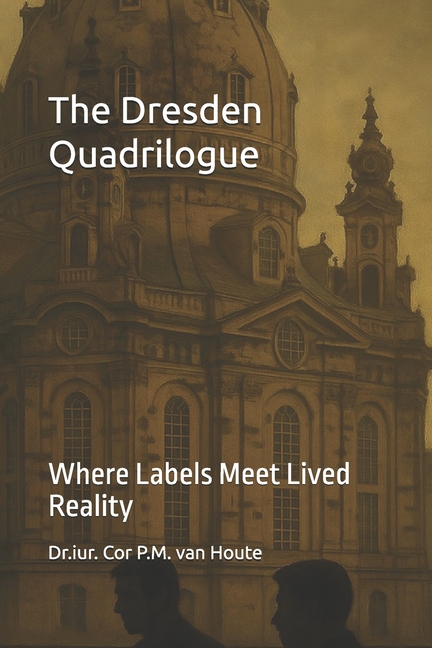Description
The Diagnostic and Statistical Manual of Mental Disorders (DSM) shapes how we understand the human mind, but its categories are far from neutral. This groundbreaking dissertation, The Genealogy of Pathology, embarks on a critical, interdisciplinary journey to expose the hidden histories, power dynamics, and profound ethical implications embedded within psychiatric diagnosis.
Through a unique quadrilogue-featuring a philosopher (Logos), a psychologist (Psyche), a legal scholar (Dr. iur. Etouhnav), and a Dutch observer with an East German perspective (Hendrik)-this book dissects the DSM's epistemological and ethical defensibility. From medieval melancholy to modern diagnostic expansion, and through the incisive critiques of Foucault, Szasz, and Levinas, it reveals how labels can define, control, and even diminish human personhood.
The Genealogy of Pathology challenges readers to confront uncomfortable truths: When does medical care become social control? How does the law navigate the fluid reality of suffering? And who truly defines 'normality' when individual liberty hangs in the balance?
Essential reading for scholars, clinicians, legal professionals, and anyone seeking a deeper, more critical understanding of mental health and its societal constructs.
Product Details
- Jul 6, 2025 Pub Date:
- 9798291333396 ISBN-10:
- 9798291333396 ISBN-13:
- English Language




